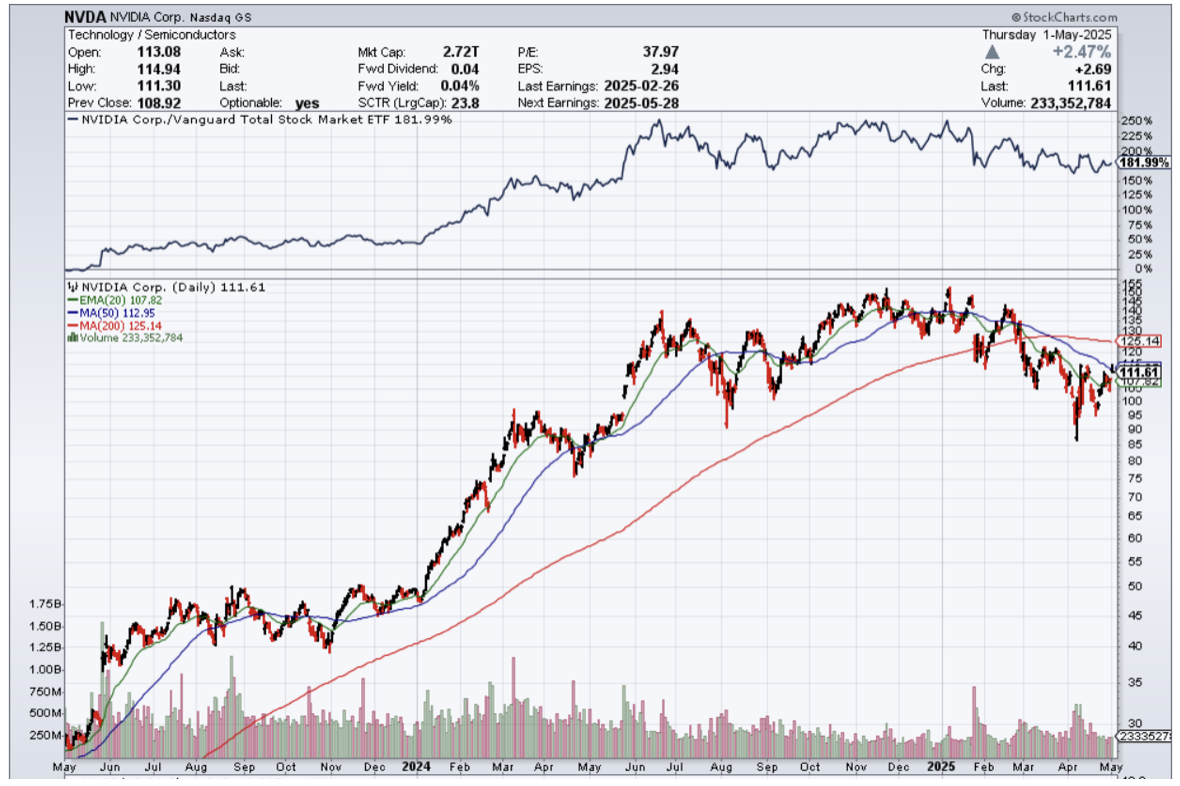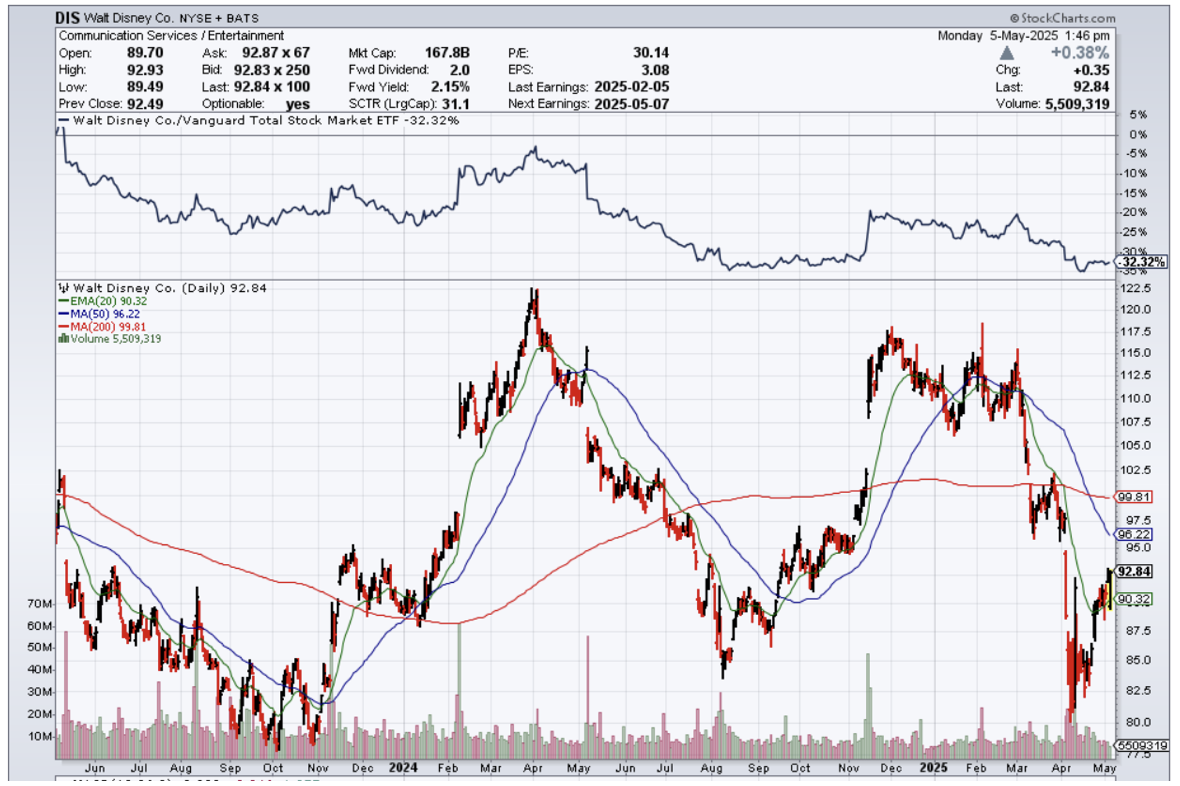Cost Of Digital Content On The Rise
A torpedo has just hit the world of digital content.
The cost of digital content is about to skyrocket as Washington D.C., plans to levy a 100% tariff on movies produced outside the states.
Actually, this is one of Hollywood’s dirty little secrets and a big way they cut costs by outsourcing film production to Eastern Europe or Southeast Asia.
Budapest, Hungary, has become a major hub for studios to geoarbitrage production, and a massive studio has sprouted up in this part of Europe.
Millions of expenses have been saved by not making movies in the United States, and so much has been outsourced that the administration has created a new tariff to get the movie business back in the United States.
I would not say this is anything like a national security threat, even to the point that I would say that Hollywood is more or less socially irrelevant in 2025.
However, corporate entertainment content still moves the needle even if people don’t watch it anymore.
It also keeps people employed, and this is a specific attempt to force whoever is making these movies to return to the United States instead of hiring cheaper Hungarians to make our movies.
Imposing a 100% tariff on all films produced abroad that are then sent into the United States will negate most of the cost savings.
A bombshell like this will hurt employment in the industry, causing companies to fire staff much like tech has been doing for the past few years.
Movie and TV production has been exiting Hollywood for years, heading to locations with tax incentives that make filming cheaper.
Governments around the world have increased credits and cash rebates to attract productions and capture a greater share of the $248 billion that will be spent globally in 2025 to produce content.
All major media companies, including Walt Disney (DIS), Netflix (NFLX), and Universal Pictures, film overseas to increase profits.
Film and television production has fallen by nearly 40% over the last decade in Hollywood’s home city of Los Angeles, because of the outrageous cost of doing business in the state of California.
The January wildfires accelerated concerns that producers may look outside Los Angeles, and that camera operators, costume designers, sound technicians, and other behind-the-scenes workers may move out of town rather than try to rebuild in their neighborhoods.
Ultimately, this tariff is devastating to digital content.
This is also on the heels of China limiting Hollywood to only 10 movie imports into China per year.
The city of Los Angeles is about to face a rash of job losses as digital content companies will turn to AI to fill out the rest of the production.
Much less content will be made if these large budget productions of over $20 million cannot be outsourced to cheaper global south employees.
In general, the cost of creating digital content will increase and be painful for the average content maker.
Who does this favor?
Those individual YouTubers who go around filming on a selfie stick while simultaneously editing their own content.
Any digital content company masquerading as a global Titanic will need to shrink accordingly and get leaner.
Americans will need to think twice whether to develop production outside of the United States with this new steep cost.
Companies that will be hurt from this are Netflix, Disney, Amazon, and Comcast.
If these executives don’t pay the tariffs, they could even find themselves locked up in Alcatraz.
Who would have thought that a few days ago?



